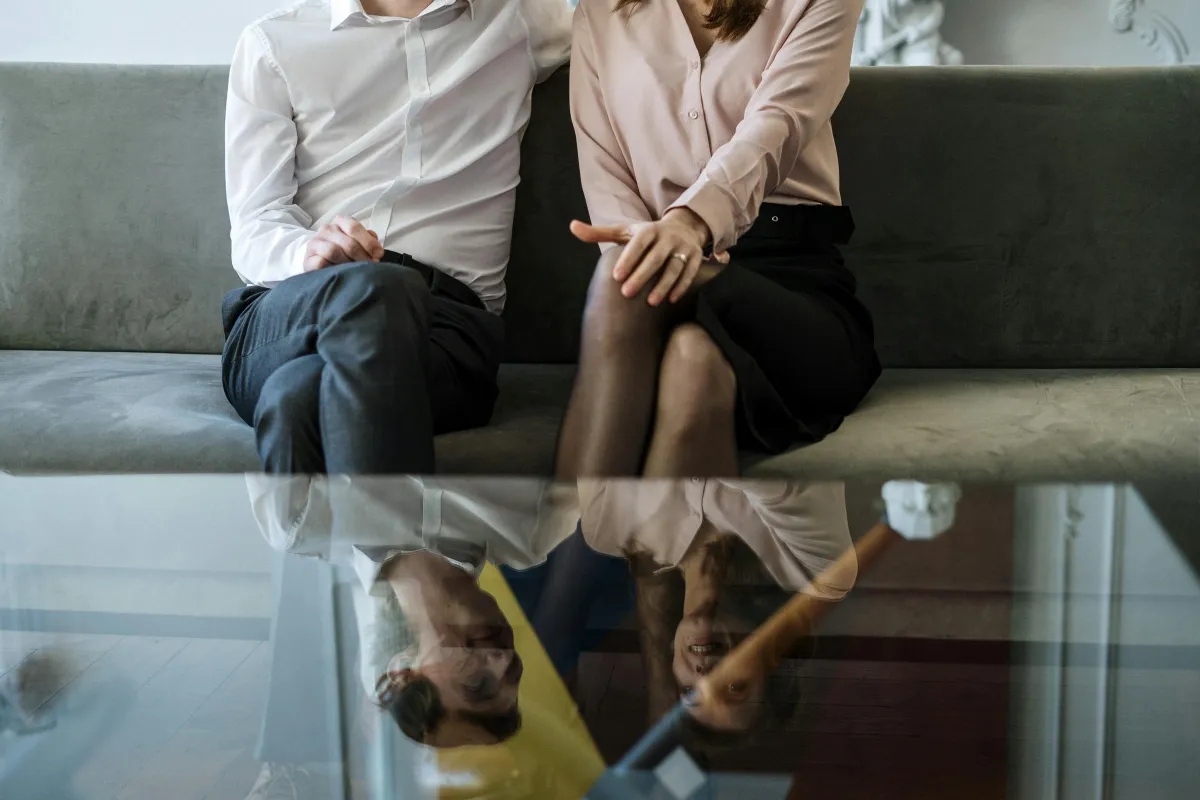
Is It Okay to Be Emotionally Dependent on Someone? A Therapist’s Reflection on Finding Balance in Love
Every now and then, a question comes up in therapy that lingers—not because it’s complicated, but because it feels so universal.
It was one such evening when Trishna walked into my office. In her late twenties, she carried a heavy backpack—and what seemed like an even heavier heart. After some initial conversations and gentle rapport building, she asked a question that had clearly been weighing on her:
“Is it okay to be emotionally dependent on someone you love?”
Her words struck a deep chord. So many people wrestle with this very dilemma—the tricky balance between loving someone deeply and losing yourself along the way.
As a psychologist, I knew that my role wasn’t to offer a checklist of do’s and don’ts. It was to help her explore, understand, and eventually find balance in her emotional world.
Trishna shared with quiet vulnerability. A software engineer thriving professionally, she felt emotionally drained. Her boyfriend, Nirav, had become the center of her universe. She admitted that she often prioritized his happiness over her own. When he was upset, it felt like her entire world fell apart.
“I don’t want to feel like this,” she confessed. “But I don’t know how to stop. I love him, but sometimes I feel like I’m losing myself.”
Her pain was real. Her situation wasn’t rare—but it was deeply personal and deserved thoughtful care.
I reassured her gently:
“What you’re feeling is valid, and you’re not alone. Emotional dependence is something many people experience—especially when there’s a deep emotional connection.”
I explained that while it’s healthy to rely on loved ones for support, things become problematic when one person becomes your only source of emotional stability. It’s like placing the weight of your entire happiness on someone else’s shoulders—too heavy for them, and unsustainable for you.
To help her visualize it, I shared a metaphor:
“Imagine your life as a solar system. Right now, Nirav is the sun, and everything else revolves around him. But the real goal is for you to become the sun—radiating confidence, self-love, and emotional independence—while still sharing your light with others.”
We also explored the science behind emotional dependence. I told her:
“Our brains develop attachment patterns early in life, shaped by our relationship with caregivers. If you didn’t consistently feel secure or valued as a child, you may grow up craving reassurance from others. This is known as an anxious attachment style. But here’s the good news—it’s not fixed. With awareness and practice, you can absolutely rewire these patterns and create healthier, more balanced relationships.”
Her eyes lit up with hope.
“So... I’m not broken?” she asked softly.
“Not at all,” I replied. “You’re simply human.”
Steps Toward the Center of Her Own Solar System
To help Trishna reconnect with herself, I shared some practical tools:
1. Reconnect with Passions
I encouraged Trishna to revisit hobbies she enjoyed before her relationship—like painting, reading, and traveling—to rediscover what brings her joy outside of Nirav.
2. Build a Support Network
We talked about strengthening friendships and family ties, so she wasn’t relying solely on one person to meet all her emotional needs.
3. Practice Self-Validation
I introduced journaling. Whenever she felt the urge to seek Nirav’s approval, she’d write down her thoughts and ask herself, “What do I think about this?”
4. Learn Emotional Regulation
Simple techniques like deep breathing and mindfulness helped her manage overwhelming emotions and feel more grounded.
5. Set Personal Goals
We discussed setting small, meaningful goals—like attending a class alone or finishing a book—to build her sense of independence and accomplishment.
A Few Weeks Later
When Trishna returned for a follow-up session, I noticed a subtle shift. She walked in lighter, with a quiet confidence in her step.
“I’ve been journaling every night,” she smiled. “And I started painting again. It feels good to have something that’s just mine.”
She was learning to find joy in her own company, and releasing the fear that Nirav’s mood determined her happiness. Each small step was building her back into her own center.
A Message for You
Reflecting on Trishna’s journey reminds me of something important.
We all have our own solar system. And we all deserve to be the sun within it.
If you’ve ever felt like your world revolves around someone else know this
You’re not alone. It’s never too late to come home to yourself.
Start small.
Seek support if you need it.
Take one step at a time.
And always remember—you have the power to radiate your own light.
Trust me—it’s brighter than you think.
